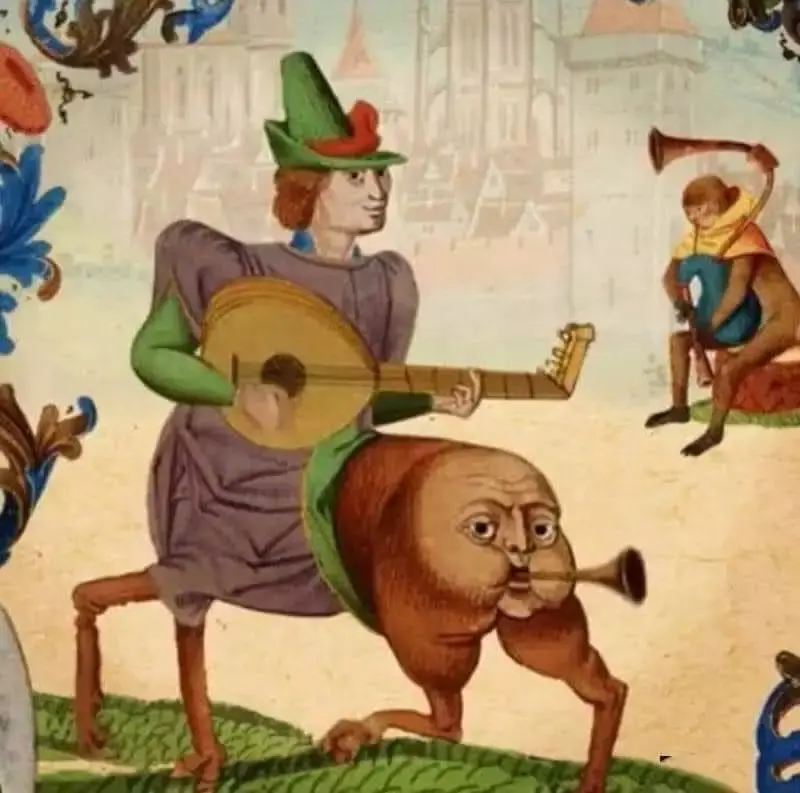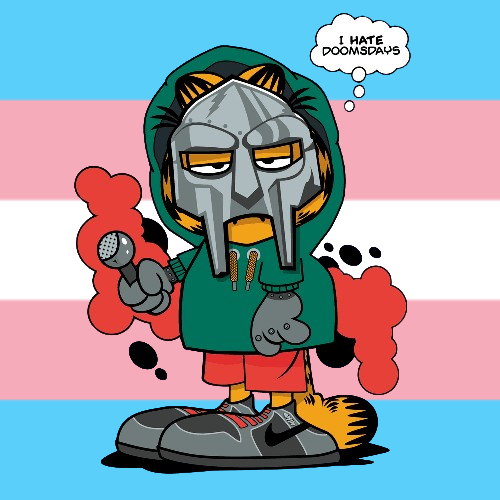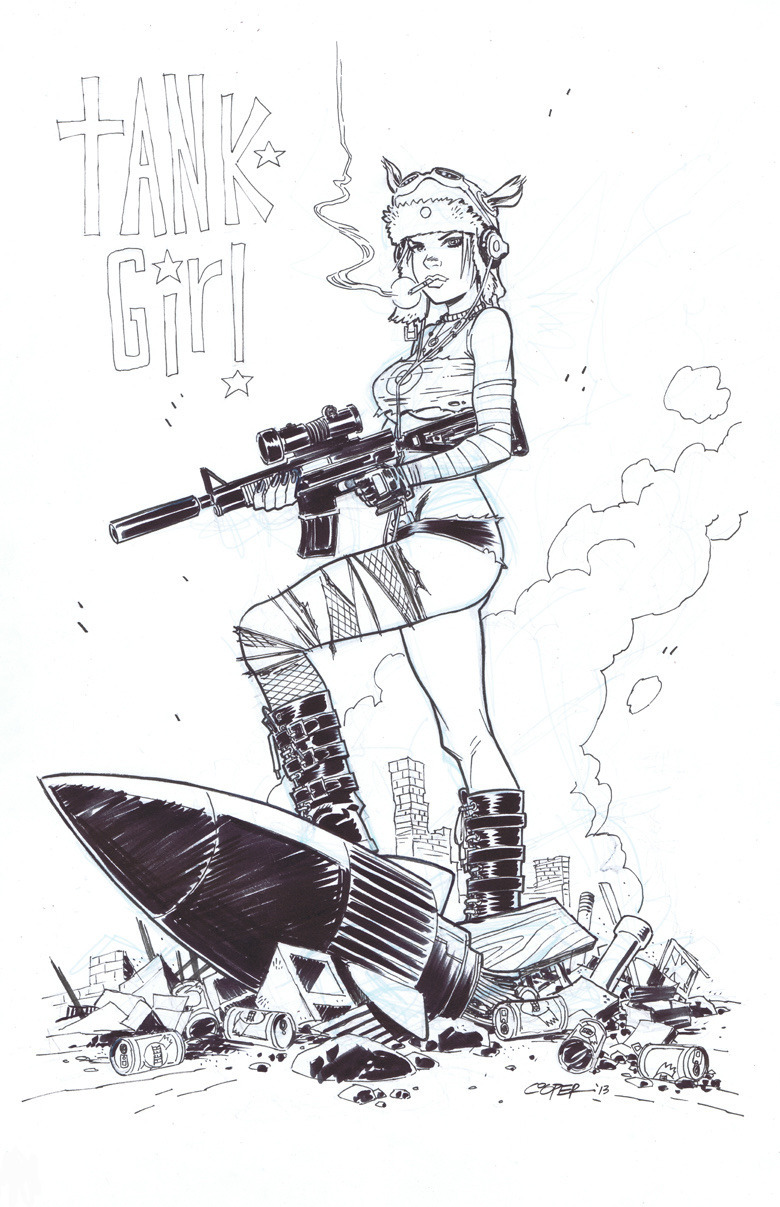In my continued exposure to leftist spaces and a leftist view on history it has become clear that all I understand about Stalin is the reactionary rhetoric I’ve been fed my whole life. I have only just started on reading theory and exposing myself to a leftist view, so Stalin as a topic isn’t something I’ve reached yet.
But I have to ask, and I think this is the place to ask it, what is the deal with Stalin?
The vibe I get is that people at a minimum don’t hate Stalin, but also maybe at most appricate Stalin. I’m aware that the efforts of the USSR during WW2, especially in regards to Nazi aggression are a credit to his administration and leadership, but is that really where the vibe starts and stops?
I’m not looking for a dissertation on the guy, but just the notes or primary points. I’ll take reading suggestions too.
Thanks comrades.
70% good 30% bad. Absolutely must be analysed within the historical context of the time. Should not be seen as a cartoon character monster, a constructed image that has been built up as a means of opposition to socialism as he represents the first socialist experiment and its incredibly fast rise against capitalism.
Strongly recommend Domenico Losurdo’s book - Stalin: History and Critique of A Black Legend
Ooh, didn’t know he wrote one on Stalin. Reading “Liberalism: A Counter-History” right now, and he goes hard
I just read the front matter of the English translation and I definitely want to read more and other works of his.
He confronts mistakes and faults quite honestly, which is how it should be and the only way the myths can be swept away.
Coincidentally, I was just listening to a podcast interviewing Marxists who released a translation of this book, if you’re interested in listening to a discussion about it before reading, @RedWizard@hexbear.net.
Youtube link: Actually Exiting Socialism Podcast: Critiquing Stalin’s Black Legend w/ Henry Hakamäki & Salvatore Engel-Di Mauro. Piped link: https://pi.ggtyler.dev/watch?v=plFyR9yIt-c
Henry Hakamäki (@huck1995), host of Guerrilla History podcast (@guerrilla_pod) and Professor Salvatore Engel Di-Mauro join the show to talk about their recent English translation of historian Domenico Losurdo’s “Stalin: History and Critique of a Black Legend”.
This episode is the first part of a longer discussion. In this part we talk about what a black legend even is, the general thesis behind Domenico Losurdo’s controversial book, what academic consensus has to say about the realities and myths surrounding historical presentations of Stalin, and how his often distorted legacy impacts left wing movements to this day. And that just gets us started!
They also released the book/translation as a free .pdf here: https://www.iskrabooks.org/stalin-history-and-critique
So there you go… podcast discussion for the notes and primary points you were asking about, and the book itself for the real reading suggestion.
Awesome thanks!
Do you know if the rest of the discussion has been released anywhere?
Sorry for the late response, I just now saw your comment.
If you didn’t already find it, the following episode, “Stalin vs MLK Jr: Soviet Anti-colonialism & Anti-racism w/ Henry Hakamäki & Salvatore Engel-Di Mauro” is here: https://www.youtube.com/watch?v=6heIlF_Ntbs (also here)
This episode is the second and final part of a longer discussion. In this part we move into the specifics of the often airbrushed history of anti-racist and anti-colonial policies under Stalin’s Soviet Union and even ponder whether Stalin’s impact on these material objectives was more substantive than that of civil rights figure and fellow socialist - Martin Luther King Jr. We also discuss the equally airbrushed links between liberal democracies and nazi fascism. In the spirit of Domenico Lusurdo we continue to deconstruct, evaluate, and critique the black legends attributed to Stalin.
It’s been a really informative podcast and I’d recommend it in general. These are some other recent episodes:
How to Visit North Korea w/ Zoe Stephens
Latvian Soviet Socialist Republic 101: Pre-history to World War II w/ Iskolat
The Propaganda War Against China w/ Carlos Martinez
How China Avoided The Soviet Union’s Fate w/ Carlos Martinez
Black Girl From Pyongyang, North Korea w/ Monica Macias
How the Soviet “Threat” Benefited Workers in the West w/ Alice Malone
etc.
I found a YouTube link in your comment. Here are links to the same video on alternative frontends that protect your privacy:
Thank you! I saw that in my search but didn’t realize it was the second part.
I’m almost halfway through the book now, it’s really good not just as a look at Stalin but for understanding the complexities of revolution.
Thanks for the recs!
Yes that’s a great episode.
Stalin does a great job of boiling down Lennin in a lot of his writings.
I think the most important thing is that Stalin pretty much saved the world from fascism and made enormous sacrifices to defeat Hitler, as you mentioned, yet NATO quickly formed after WW2 and changed the narrative surrounding him for the rest of history. The reason we emphasize the point so much is because of the prevalence of Double Genocide Theory, which, especially since the Russian invasion of Ukraine, has really served to demonize him and the USSR, while minimizing Nazis. Red scare propaganda has used Stalin as a Hitler analogue and it’s important that we try to clear up the myths about him. I don’t have a lot of other material on him outside of that, though, hopefully some other people can chip in.
This is a good reminder. I was aware of double genocide theory but connecting it to the foundation of NATO and how it shaped our view of the USSR is important as well.
Blackshirts and Reds makes that point a lot better than I did, I forgot to mention it in the comment.
I gotta read that book
It’s incredibly easy to get through, especially if you’ve already read other pieces of theory or books on history. Parenti doesn’t write in a fancy or particularly sophisticated way, it’s extremely entry level.
He always writes everything for a blue-collar audience, although the topics can still be pretty complicated he wants the topics to be accessible.
Short read, easy to get into and get through.
Super easy to reread when you need something to do.
You can find the audiobook on torrents.
I read it recently but I think I need to reread it.
“What’s the deal with Stalin?”
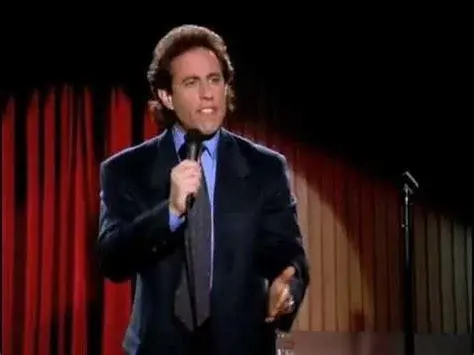
“is he Stallin’, or is he goin’”?
He’s definitely goin’. I’d say that he sure is Russian to get there as soon as he can.
Are you Georgia bout that?
Removed by mod
Dude robbed trains to support the revolution.
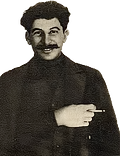
Much better, he robbed banks

Thanks for the laugh comrade!
As always,
 has a lot of great, succinct views on Stalin in Blackshirts and Reds. There are a bunch of free PDF links if you google for them. These are not all rosy – he has at least one whole chapter critiquing the USSR from a leftist perspective, and he acknowledges that under Stalin the USSR committed some crimes of state – but overall the conclusion he reaches is justifiably positive on balance.
has a lot of great, succinct views on Stalin in Blackshirts and Reds. There are a bunch of free PDF links if you google for them. These are not all rosy – he has at least one whole chapter critiquing the USSR from a leftist perspective, and he acknowledges that under Stalin the USSR committed some crimes of state – but overall the conclusion he reaches is justifiably positive on balance.Another good (but longer) source on Stalin is Domenico Losurdo’s Stalin: History and Critique of a Black Legend.
I should reread those chapters of B&R, I just read it recently. My copy was missing a couple of pages though, I should fix that. I’ll look up your other suggestion too.
I’m one of the people who won’t shut the fuck up about Stalin, so I’ll let my list of posts on him speak for themselves.
Stalin good actually, but best not to bring it up with the Tatars or the Ingush. Also the song about Stalin in the Tractor Drivers maybe a little cringe. All literature published in the English language covering the prewar Soviet Union, especially academic literature, must contain a ritual denunciation of Stalin. If you want to engage directly with the bases for these denunciations, that is a little harder to research.
It’s important to understand that Khrushchov’s “secret” speech denouncing Stalin in 1956 was an enormous contributing factor to the Sino-Soviet split, which became more or less official that year. The image of Stalin represents anti-revisionism to the communists who use it today. Stalin’s bust is a symbol for the rejection of the revisionist turn in the postwar Soviet Union. It is also stands for staunch opposition to Trotskyism and Maoism. You will find however that communists rarely deal in absolutes. Dialectic analysis of history allows for simultaneous acknowledgment of the bad and celebration of the good in any person or political project.
Excellent comment and really illuminating. Thanks comrade!
There are some really interesting interviews with Stalin, some examples:
With Emil Ludwig, my favorite
And of course with HG Wells
When assessing someone, it’s good to let them speak for themselves, even if your attitude towards what they say is nonetheless one of complete skepticism. Of course, Stalin wrote a few books and some of them are very accessible, so that’s another option.
god that HG Wells one is still so insanely relevant
it’s the one that changed my mind about Stalin back when someone linked it back on

brainworms got withered in real time, when someone you’ve been told was a brutish barbarian warlord goes on and on about theory like look at this shit:
There is no, nor should there be, irreconcilable contrast between the individual and the collective, between the interests of the individual person and the interests of the collective. There should be no such contrast, because collectivism, socialism, does not deny, but combines individual interests with the interests of the collective. Socialism cannot abstract itself from individual interests. Socialist society alone can most fully satisfy these personal interests. More than that; socialist society alone can firmly safeguard the interests of the individual. In this sense there is no irreconcilable contrast between “individualism” and socialism. But can we deny the contrast between classes, between the propertied class, the capitalist class, and the toiling class, the proletarian class?
On the one hand we have the propertied class which owns the banks, the factories, the mines, transport, the plantations in colonies. These people see nothing but their own interests, their striving after profits.
They do not submit to the will of the collective; they strive to subordinate every collective to their will. On the other hand we have the class of the poor, the exploited class, which owns neither factories nor works, nor banks, which is compelled to live by selling its labour power to the capitalists which lacks the opportunity to satisfy its most elementary requirements. How can such opposite interests and strivings be reconciled? As far as I know, Roosevelt has not succeeded in finding the path of conciliation between these interests. And it is impossible, as experience has shown. Incidentally, you know the situation in the United States better than I do as I have never been there and I watch American affairs mainly from literature. But I have some experience in fighting for socialism, and this experience tells me that if Roosevelt makes a real attempt to satisfy the interests of the proletarian class at the expense of the capitalist class, the latter will put another president in his place. The capitalists will say : Presidents come and presidents go, but we go on forever; if this or that president does not protect our interests, we shall find another. What can the president oppose to the will of the capitalist class?
Very interesting! Thanks comrade!
WHAT is the DEAL with STALIN
https://revolutionaryleftradio.libsyn.com/joseph-mother-fucking-stain
This is one of my favorite analysis on Stalin, it’s concise and well researched using many of the sources that have already been mentioned here with a combination of members of two great podcasts
After several years now, I still think this is the best introduction to Stalin. Next would come Stalin’s interview with H.G. Wells, and then finally, Losurdo’s Stalin - Critique of a Black Legend.
He was a complicated guy. Grew up with an abusive father and a mother who left his dad and basically raised Stalin by herself. He got into a lot of fights in school, got disabled when a carriage almost ran him over, studied to be a priest as seminary, which is when he stumbled across Marxist theory. I think he really believed in what he fought for, but was such a hothead in his youth that he was even mistaken for an agent provocateur of the Tsarist secret police.
But he put his life on the line to become a revolutionary and in the end climbed to the top of Lenin’s cadre. The guy was a gangster, but in maybe the best way possible. He sacrificed a lot of people for a greater cause and ultimately saved the Soviet Union from destruction by significantly worse men.
At the same time, he wasnt a nice dude. If you look into his personal life there are a lot of nasty things. I mean the guy used Beria as a tool to ensure he wouldnt lose power. Had bad personal relationships with his friends and family.
But unlike the shittiest men you’ve probably known irl, he actually did a lot of good for the cause. We can hem and haw over who SHOULD have held power in the USSR and global communist movement, but at the end of the day he wasthe guy. Tbh his biggest fuck up was stopping at Berlin.
He was a complicated guy. Grew up with an abusive father and a mother who left his dad and basically raised Stalin by herself.
Isn’t a lot of that sourced from historical fabricator Simon Sebag Montefiore’s Young Stalin? From my understanding of what’s written by him and about him from reputable authors and historians, his father was not abusive nor entirely absent from his life up till his departure to seminary school. That’s not saying he didn’t get his ass whooped, as such was a historical and cultural norm of the period.
As I recall reading from both Kotkin, Barbusse, and G. Roberts, Stalin was more closer to a scholarly type than a rough and tumble gangster. I think to save myself time from writing another Stalin dissertation, I’ll wrap up by saying even the modern communist understanding of who Stalin was is incredibly flawed as well.
I learn something every day. Nerds stay winning
and a mother who left his dad and basically raised Stalin by herself.
this would be incredibly funny to tell the hogs about.
Later in life he asked his mom why she beat him so bad as a kid and she told him so that he would become the good man that he was.
I like telling people that bit if they think smacking kids is okay. Because they’re usually reactionary fucks that think Stalin was the devil incarnate.
That’s only going to reinforce their view that Stalin was a mindless barbarian then. It’s like using a racist trope like saying, “we’re sophisticated brits, don’t act like an insert unsophisticated race here.”
That’s a good point I hadn’t considered
I’m not sure what that would achieve. They already believe that single mothers are the source of 85% of the evil and hedonism in this world.
Somebody already mentioned Losurdo’s book on Stalin–Ill add that a good companion piece is Losurdo’s response to a Trostyist critic in “Primitve Thinking And Stalin As Scapegoat” https://redsails.org/stalin-come-capro-espiatorio/
Thanks comrade!
The vibe I get is that people at a minimum don’t hate Stalin, but also maybe at most appricate Stalin.
Correct. If you look at actual, modern, and active leftist movements around the world, they’ll proudly praise Lenin, Marx, maybe even Mao and other figures, but Stalin is usually absent.
Part of it is optics, I’m sure, but the other part is Stalin didn’t really write too much valuable theory nor tactics. Yes, he lead the USSR to victory in WWII, but it’s not relevant to every country and leftist movement whereas Lenin’s theories were and continue to be relevant. Stalin’s country’s survival meant it could help colonized people fight back and that’s why these movements and countries usually don’t hate him. But he is long gone now, and now that appreciation has shifted over to the Russian Federstion.
The closest you’ll get to modern praise is China saying that one major reason for the USSR’s fall is the slander of Stalin and the (largely) incoherent soviet ideology after his death. Also Russia and Belarus talking about the USSR defeating Nazis without mentioning who commanded the Red Army lol.
Stalin’s contributions to the world is not just defeating the Nazis, ok?
Stalin was an economic and financial genius, whose groundbreaking Five-Year Plans pulled the USSR from the NEP rut and propelled it into a highly industrialized society capable of rivaling the more advanced capitalist West. It is debatable whether the USSR would have been capable of defeating Nazi Germany’s invasion if it had continued to stick with the NEP model, but it is undeniable that Soviet industrialization took off exponentially from 1929 onwards, marking the beginning of the first Five-Year Plan.
The Five-Year Plans were subsequently adopted by China and a variant of it by the DPRK. Heck, even South Korea, a right-wing dictatorship, emulated the Soviet Five-Year Plan to pull itself ahead of the DPRK - before implementing the Five-Year Plans in the 1960s, South Korea’s GDP per capita struggled to exceed even one third of the DPRK’s (even after all that bombing during the Korean War). Copying Stalin’s Five-Year Plan enabled South Korea to rapidly industrialize and transform itself into an economic powerhouse rivaling Japan’s economic miracle (I am simplifying here as I am omitting the role of chaebol (a form of nepotistic capitalism) and the state-run banking sector, but the Five-Year Plan was a key breakthrough for the South Korean economy in the 1970s)
Next, let’s talk about sociology. Stalin’s Marxism and the National Question (1912-13) is hailed as one of the most important Marxist work on resolving the contradictions of the national question. Employing dialectical and historical materialism, Stalin boiled down the complex problems and formulated the theoretical foundations on the national question. The following sentence would turn out to be one of the most important contributions from Stalin to the field of Marxist sociology:
A nation is a historically constituted, stable community of people, formed on the basis of a common language, territory, economic life, and psychological make-up manifested in a common culture.
Importantly, the principles derived by Stalin in Marxism and the National Question would form the basis of China’s classification of its 56 ethnic groups (“nationalities”) in the 1950s, which is still in use to this day. The key breakthrough here is that the principles can be applied across varying developmental stages of capital formation, as these characteristics had already formed their latent potential in the pre-capitalist stage, and are realized and took their prominent forms throughout the different stages of capitalist development - this attracted the attention and became the guiding principles of the CPC’s pioneering work on formulating their own national/ethnic classification.
Lenin loved it so much that he proudly proclaimed the work as the “Bolshevism’s theoretical and programmatic declaration on the national question”. Even Trotsky - Stalin’s arch-nemesis - conceded that this was one of the most important works Stalin has ever produced, even throwing the jabs “hmm… how come Stalin never wrote anything of this quality before and after that, was it really written by Stalin?” lol. Historians agree that while Lenin had contributed some ideas to the work, there is no reason to doubt that the work was essentially Stalin’s.
Stalin’s contributions to the world is not just defeating the Nazis, ok?
I didn’t say that.
All of what you said contributed to movements and countries, but it doesn’t change the fact that most of them don’t want to mention Stalin, which is what OP is asking about.
I don’t have much knowledge of the dude himself in that much detail but look at where the USSR was when he came to power and where it was when he died. And also that ww2 happened in there too. That’s one of the most impressive 30ish years a country has ever had.



